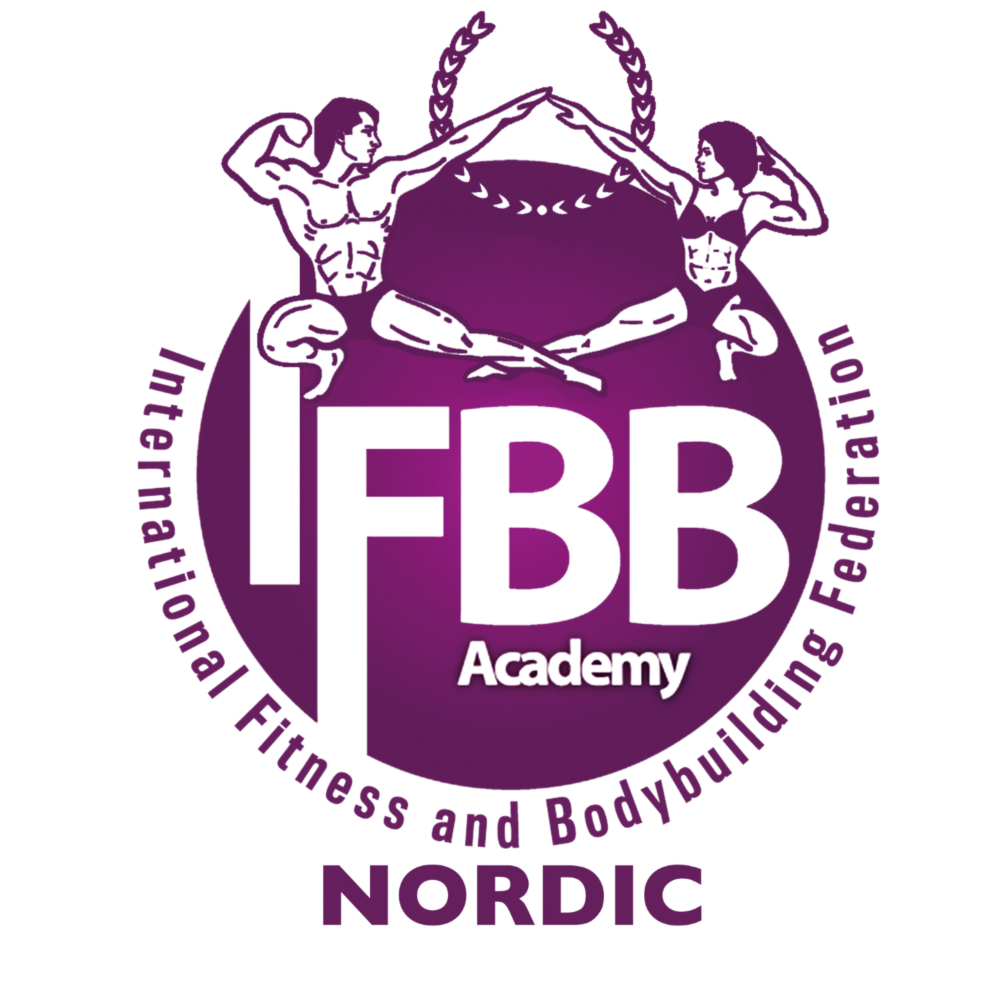How to Give Effective Feedback to Athletes: A Key Skill in Coaching
Oct 03, 2024
In the coaching world, feedback plays a critical role in helping athletes develop and improve their performance. From guiding an athlete’s technique to fostering motivation and resilience, feedback is one of the most powerful tools a coach can wield. In the IFBB Master Coach Program, we dive deep into the science and art of providing effective feedback to athletes, covering its multiple functions and how to apply them to drive both performance and long-term learning.
Functions of Feedback
Feedback has been extensively studied in sport psychology, with researchers dating back to the early 20th century. Feedback does much more than simply tell an athlete what they are doing right or wrong. In fact, feedback has four main functions, each of which plays a vital role in shaping an athlete’s development:
- Inform
- Motivate
- Create Dependence
- Reinforce
These functions work together to improve an athlete’s performance and learning—a key distinction we'll explore in the Master Coach Program. While performance is a short-term, immediate outcome, learning refers to more permanent changes over time, essential for long-term success.
Inform: The Key Function of Feedback
One of the most common roles of feedback is to inform the athlete about their performance, helping guide them towards improvement. Feedback can be broken down into four aspects: origin, content, timing, and focus—all of which are crucial for delivering actionable insights.
Origin: Intrinsic vs. Augmented Feedback
Athletes receive feedback from two primary sources:
- Intrinsic Feedback: Naturally occurring feedback that comes from the athlete’s own senses, such as seeing where a javelin lands or feeling the impact during a sprint.
- Augmented Feedback: Additional feedback provided by an external source, most commonly the coach, offering more detailed guidance that the athlete may not be able to detect on their own.
In the Master Coach Program, you will learn how to use both types of feedback effectively. For example, you will learn how to supplement an athlete's own perceptions with targeted coaching feedback to correct technique, fine-tune strategies, or enhance motivation.
Timing and Focus: When and What to Deliver
Knowing when and what to focus on in your feedback is just as important as the content itself. In the course, we explore how immediate feedback can benefit beginners who need direct correction, while more experienced athletes may benefit from delayed feedback that encourages self-reflection and problem-solving.
- Timing: Immediate feedback can provide quick corrections, while delayed feedback helps more experienced athletes internalize learning over time.
- Focus: Effective feedback should focus not only on errors but also on positive aspects of the athlete's performance to reinforce strengths.
Motivate: Feedback as a Tool for Driving Effort
Beyond skill improvement, feedback can play a motivational role. In the IFBB Master Coach Program, you’ll learn how to craft feedback that pushes athletes to go beyond their limits. Motivation is not just about praise but about fostering a mindset where athletes want to improve through constructive, solution-oriented guidance.
Reinforce: Building Habits Through Feedback
Feedback is also crucial in reinforcing good habits. Positive reinforcement ensures that athletes continue to use proper techniques, follow training plans, and stay focused on their goals. Whether working on muscle hypertrophy, strength, or competition prep, coaches must provide feedback encouraging athletes to keep practicing behaviors that lead to success.
Learning vs. Performance: A Critical Distinction
One of the key topics covered in the Master Coach Program is the difference between performance and learning. While performance refers to an athlete’s short-term ability to execute a skill, learning is the long-term acquisition of that skill. Many coaches fall into the trap of only providing feedback for immediate performance, but true progress requires fostering learning over time.
In the program, you’ll learn how to deliver feedback that doesn’t just help athletes perform in the moment but supports them in developing skills that last beyond a single session or competition.
Real-World Application: Feedback in Practice
Through assignments and real-world applications, the Master Coach Program ensures that you’re not just learning theory but putting it into practice. You’ll document your feedback strategies with athletes, assess their effectiveness, and refine your approach throughout the course. This hands-on approach ensures that you walk away with actionable skills that can be immediately applied in your coaching career.
Conclusion: Master the Art of Giving Feedback
Effective feedback is essential for every coach, and learning to give it well can dramatically enhance an athlete's progress. In the IFBB Master Coach Program, you'll dive deep into the science of feedback, explore its functions, and develop strategies to inform, motivate, and reinforce your athletes for long-term success. Whether working with beginners or elite athletes, mastering feedback will help you unlock their full potential.
Ready to take your coaching to the next level?
Enroll in the IFBB Master Coach Program and learn how to give feedback that transforms performance into lasting success.
Ready to take your coaching skills to the elite level? Join the IFBB Master Coach Program and gain the knowledge, techniques, and confidence to coach athletes to success. Don’t miss this chance to learn from world-renowned experts and earn a globally recognized certification! Enroll today and unlock your full potential as a Master Coach.
Stay connected with news and updates!
Join our mailing list to receive the latest news and updates from our team.
Don't worry, your information will not be shared.
We hate SPAM. We will never sell your information, for any reason.
